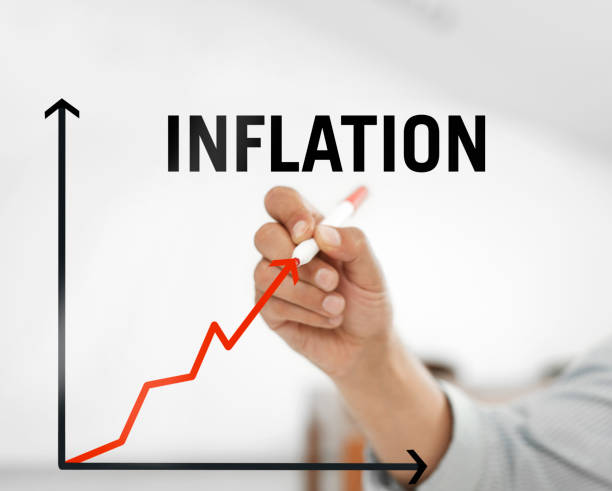Twelve-month bank term deposits now offer around five per cent interest. Some on-call accounts pay four per cent or better. The last time rates were this high was in 2011.
These rates appear quite attractive for people with lump sums available to invest for longer terms. For example, people who have retired this July may have received a substantial payout and be attracted to invest at the bank. That is unlikely to be a wise choice.
Over the longer term, investments that can grow in value, such as property and shares, will make higher returns than fixed deposits, even though they will fluctuate more.
The much higher interest rates in place now than over the last decade, are in place because of much higher inflation. Higher inflation means growth assets like shares and property will rise more in value and produce higher total returns than when inflation was low.
Some may think that because higher interest rates mean higher borrowing costs, there will be fewer buyers, so properties and shares will fall in value. Rising rates do cause short-term uncertainty and volatility but overall values have continued to rise since early 2022 when interest rates began to climb.
The Australian share market has recorded several new record closing highs in recent weeks. US, French, German and British share markets have also posted new record highs recently and remain near them. Australian property prices have seen some minor fluctuations but remain strong.
Investors who sold assets and went to cash when interest rates started rising quickly made a serious blunder.
Those who have been keeping their money in the bank the whole time may have earned five per cent per annum for the last few years but inflation has averaged about five per cent annually. That means, if they paid no tax and reinvested all the interest, their real returns have been break even.
If they paid tax on the interest, their real return is negative. Their savings have lost purchasing power. If they are retirees and have been spending the interest earned it’s worse. They may have the same number of dollars they started with but their real purchasing power is sharply lower.
People investing for the longer term, such as retirees, must achieve some capital growth to counteract the erosive effects of inflation on their savings, as well as earning the income they need to live on.
That doesn’t mean investing entirely in shares and property of course. Holding a proportion in interest bearing investments will reduce volatility and help provide the income retirees need. A diversified portfolio will suit many people.

